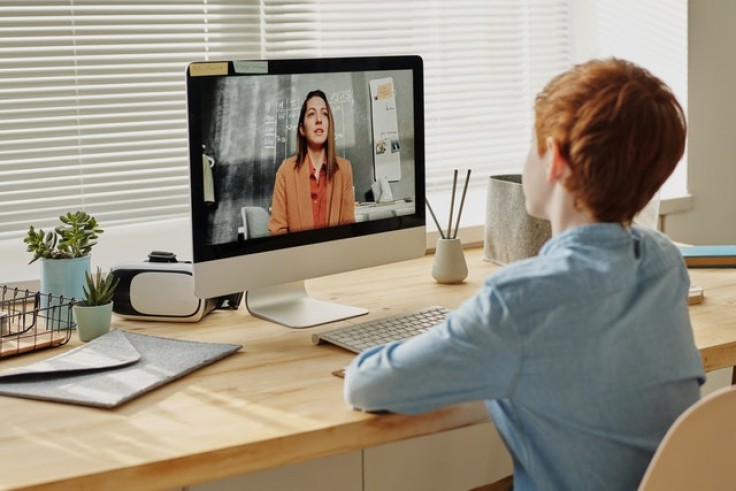
Many healthcare providers are offering remote therapy to enable parents to provide their kids mental health treatment. Though coronavirus affects the health care professional availability, online interventions help them promote continuous support through remote therapy.
But indeed, having remote therapy for your kids may still have struggles, especially if your kids feel that their privacy is being distracted. Your kids may find it hard to talk openly to their therapist, and for sure, you don't want this to happen.
And yes, face-to-face therapy may sound better than doing the session virtually due to these distractions, but a pandemic tells us that it is not a good idea.
Opening up With Remote Therapy Sessions
Important to know the session rules
During every session, expect that your kid's therapist will set the rules before jumping to the main session. As a parent, you must know the rules inside the session, so keep yourself present when your kid's therapist brings them up to your kids.
Respect the privacy of your kids
Parents must see that they have a quiet and conducive place when their kids have remote therapy sessions. Avoid them being disturbed by their other siblings or anyone from the family. To keep your kids focus on what they hear, parents may provide them with headphones to keep their conversation isolated and exclusive.
Also, do not forget to consider that your kids may not be comfortable with remote virtual session and prefers to do it personally. Try to open your option first to your kids before you set up a schedule.
Offer direct support to your kids
If you are to schedule remote therapy for your kids, look for a therapist that will give your kids direct support. In finding an appropriate therapist, look for someone that can help your kids focus and has expertise on the activities your kids' need for the session.
Telehealth that is expert in the needs of your kids can quickly adapt to your kid's needs. On the other hand, you kids may find it easy to open up with the therapist.
Offer flexibility in time
It is undeniable that remote therapy may find difficulty sustaining a kid's focus on the screen. Significantly that they may develop screen fatigue while taking more extended presence over the screen. Parents and therapists may find it hard to keep them enthusiastic about the session over time.
The best thing for parents to do this is to offer their kids flexibility of time. Instead of doing their sessions with a continuous schedule, put breaks in their session, so they rest. Parents may also help maintain the energy of their kids after breaks.
What's more important in your kids' remote therapy is your preparedness. Before starting your kids' session, make sure that you have dry run all the equipment and software you will need for the session. In this way, you can avoid interruptions and cutting on and off their conversation.
READ MORE : How Therapy Makes You A Better Parent